The Doctor is ‘Not’ In
Careers in medicine pivot for these Atlanta physicians, from busy clinical practices to physical and mental pursuits while continuing to lend a helping hand.
Whether becoming an advocate for first responders in Israel, regular bike-riding, running races or assisting neighbors with repairs, the AJT uncovered one commonality among a few metro area Jewish retired physicians. The doctors wanted to continue helping others while finding time to pursue their own interests.
After spending professional careers improving the lives of their patients, how do some doctors occupy their retirement years?
Lifelong Learner
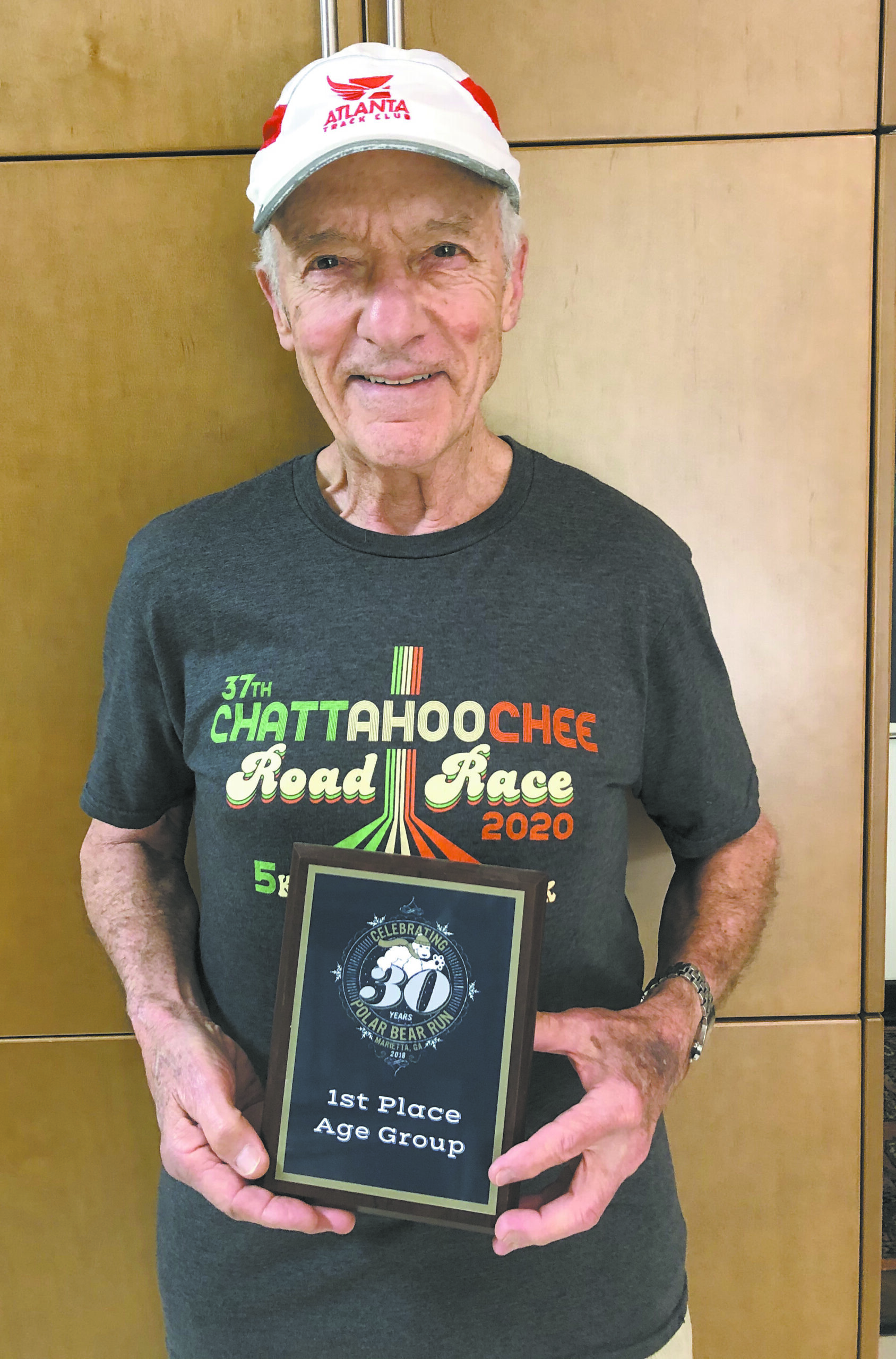
Dr. Michael “Mike” Levine, who retired in 2008 after 43 years of private practice, runs five days a week and participates in 5K and 10K races. In several Atlanta Track Club races, he usually wins first place for his age group, according to his wife Esther. He participates in a retired men’s hiking group weekly, traversing three to four miles. “We social distance, wear masks while enjoying the healthy interactions and conversations,” the retired doctor said. He was a U.S. Air Force pediatrician before joining a Sandy Springs office “way out in the country” at the time that became Northside Pediatrics.
On weekends, this octogenarian works the Sunday New York Times crossword puzzle, something he took up 10 years ago. “I work the puzzle because it is a challenge, keeps me mentally sharp and I learn something from it every week.”
With his love of learning, Levine became a docent at the High Museum of Art from 1998 to 2018, the last 10 years during his retirement. He has memberships in a couples’ book club and a retired doctors’ book club and takes courses through the Osher Lifelong Learning Institute at Emory University on topics as diverse as Shakespeare, memoir-writing and behavioral economics. Three years ago, Levine wrote a memoir. Until COVID, he volunteered at The William Breman Jewish Home, where he led a discussion group on current events for the fourth-floor residents. He hopes to resume this activity when the pandemic ends.
Bad Boy Bikers
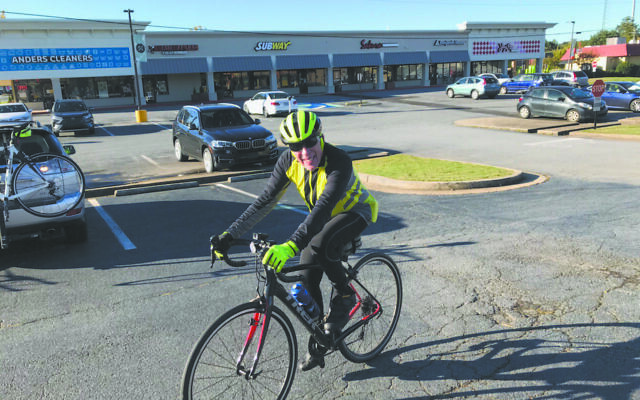
Dr. Ron Rosen retired in 2003 after 33 years of practicing urology and became a certified Reform mohel. He conducted brit milot until last year. At the age of 72, he became a medical consultant for Georgia Social Security disability services. He continues his second career working on his computer at home four days a week.
In his free time, Rosen likes being physically active and rides a bike with the Bad Boy Bikers two days a week. For his 70th birthday, the former Georgia Urology partner biked 300 miles in five days and did a 50-mile bike ride for his 80th birthday. Rosen is a past president of Temple Sinai, and an associate member of Congregation Beth Jacob. He has been a member of a Kollel minyan for the last 25 years. For 17 years, he has also been a Breman Museum docent, leading students through the Holocaust Gallery. Rosen hopes to continue giving those tours again after COVID.
From Research to Repairs
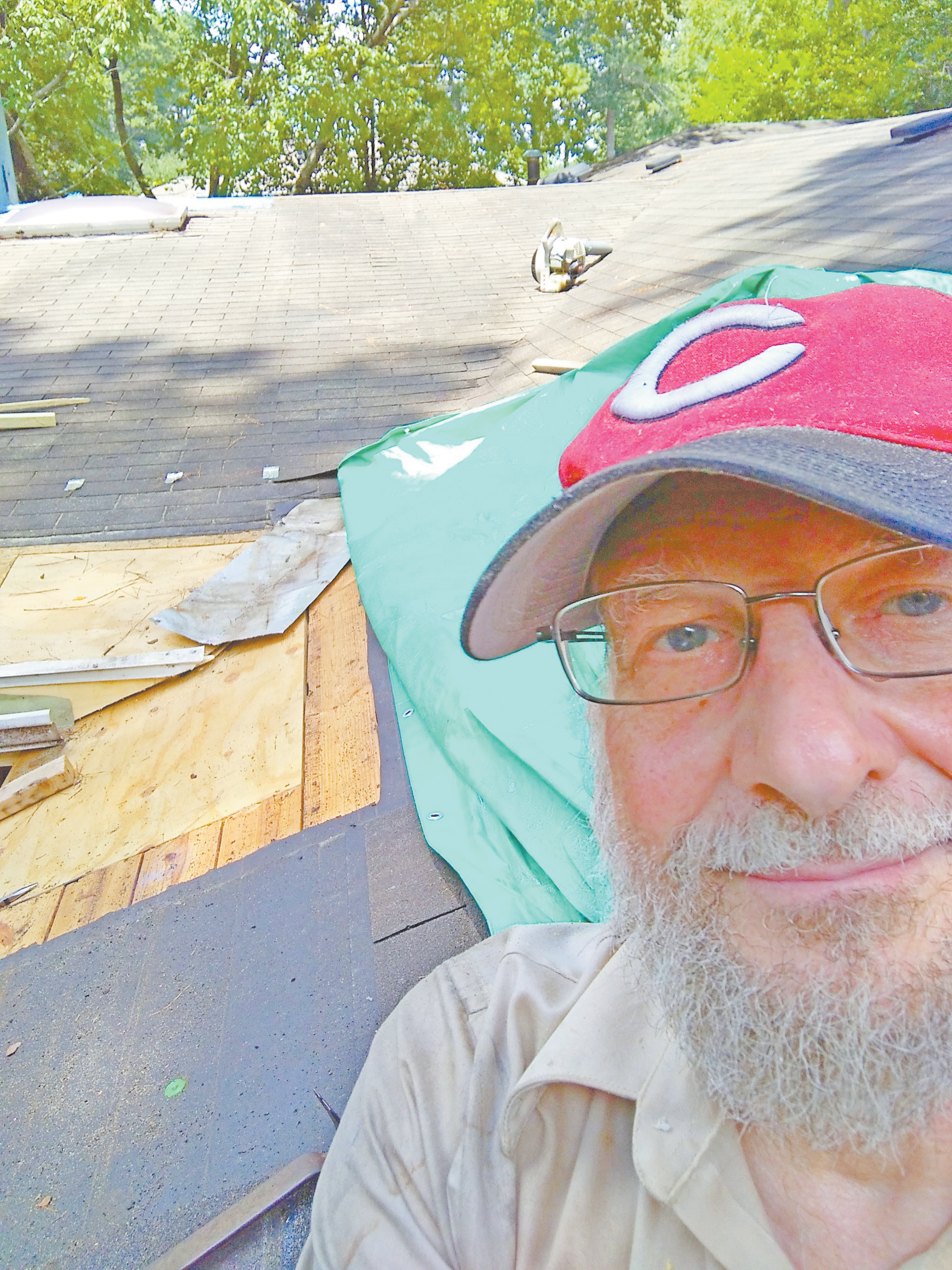
Even though Dr. Barry Yaffe has spent over 20 years in clinical practice, this retired hematologist-oncologist admitted to the AJT he secretly loved conducting molecular biology research. After retiring in 2013 from Kaiser Permanente, Yaffe dusted off his doctorate in molecular endocrinology from New York University School of Medicine.
In 2014 he volunteered as a summer intern with some professors heading a molecular genetics lab at Emory. He parlayed that introduction into a loose collaboration, allowing him to sublet space in their private lab to conduct his own independent research.
In January, when the sublease ended, Yaffe said, “I returned to my many trusty well- stocked toolboxes and began to repair yard machinery — and everything else under the sun — for fun.” Friends and neighbors in his Toco Hills neighborhood, many whom belong to his synagogue, Beth Jacob, are his customers. For example, he performed extensive repairs on a friend’s roof and he also showed his grandson how to create a tool to polish jewelry stones.
With newfound time, Yaffe hopes to write more of what he calls “sacrilegious religious articles” posted on the Orthodox Union’s OU Torah website. Yaffe’s most recent posting is titled “I Heard the Snake Scream: Why We Bow in Shemonah Esrei.”
Israel Supporter
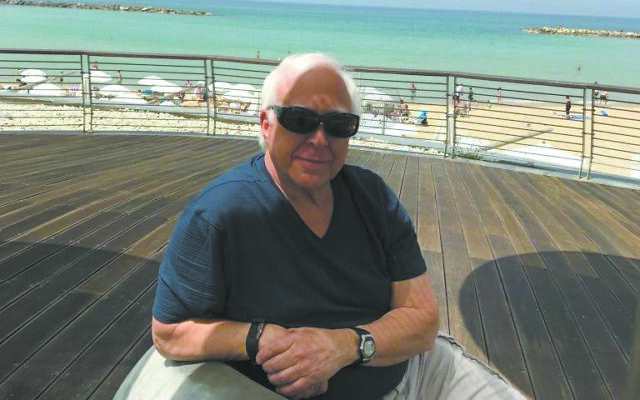
When he retired in 2017, pulmonologist Dr. Paul Scheinberg had over 40 years in clinical medical practice, the last five years serving as chief medical officer and chief quality officer for Emory Saint Joseph’s Hospital. He had founded the Atlanta Pulmonary Group in 1979.
“I followed my Dad, a Brooklyn cardiologist, in emulating Rambam, the scholarly rabbi, physician, and philosopher of the 12th century and committed to the principle of tikkun olam [repairing the world].”
Scheinberg is a member of Congregations Beth Tefillah and B’nai Torah and studies with the Atlanta Scholars Kollel and Lisa Brill Institute for Jewish Learning.
Since his first visit to Israel immediately following the 1967 Six Day War, Scheinberg continues supporting the country. Before and during COVID, he helped the Jewish National Fund and supports United Hatzalah of Israel, the volunteer first responder organization.
Following retirement, he joined Leadership Sandy Springs and welcomed mayors and other leaders of Israel’s Western Galilee Cluster, which has a “sister city” arrangement with Sandy Springs.
In addition to Israel, Scheinberg sought out Jewish communities in Australia, New Zealand, Argentina, Morocco, the United Arab Emirates and India. He also took advantage of retirement’s freedom by gathering on a Wyoming ranch for a family reunion with his three sons, who during COVID had been working from their homes in Los Angeles, Chicago and Atlanta. Then there’s the woodturning project he began, opening the boxed lathe purchased 15 years ago.
For those doctors who hesitate about retiring, Scheinberg offers advice. “There’s a world out there; don’t wait till it’s too late.” Perhaps the doctor’s suggestion applies to others contemplating the same decision.



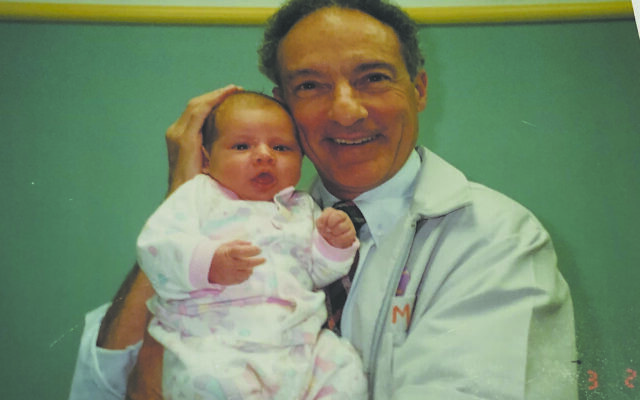
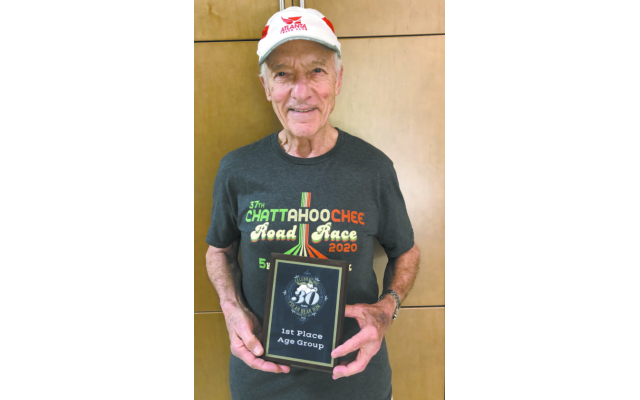
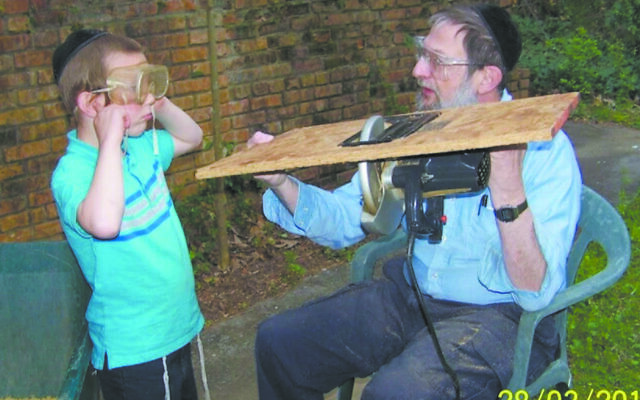
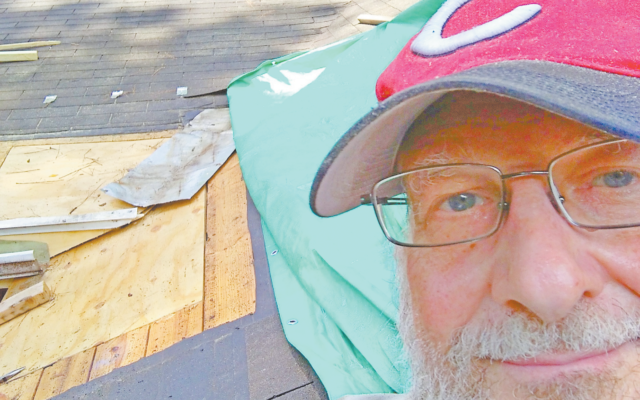
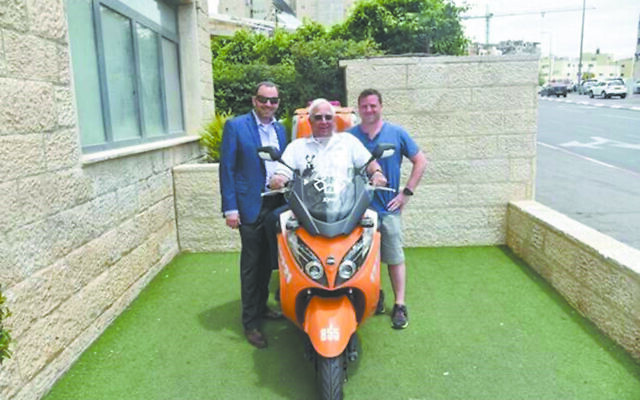
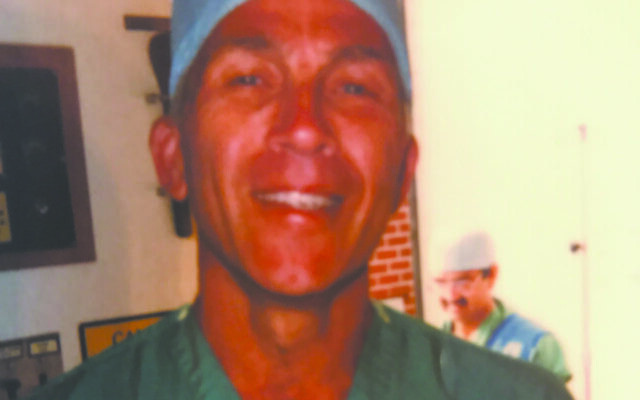
comments